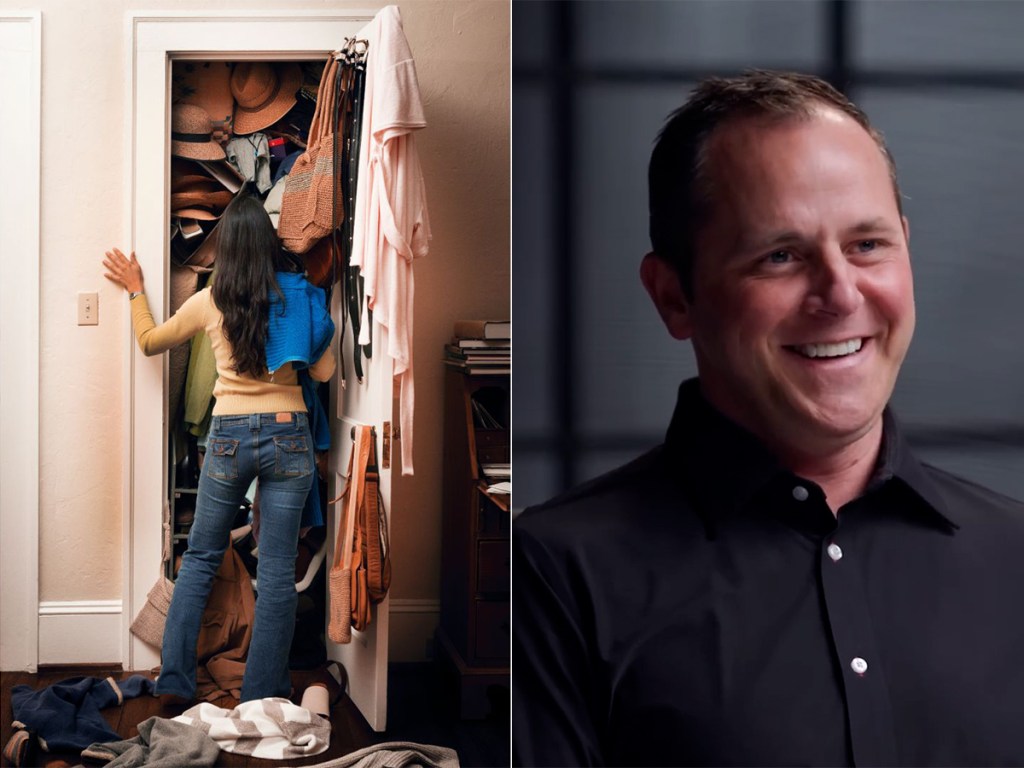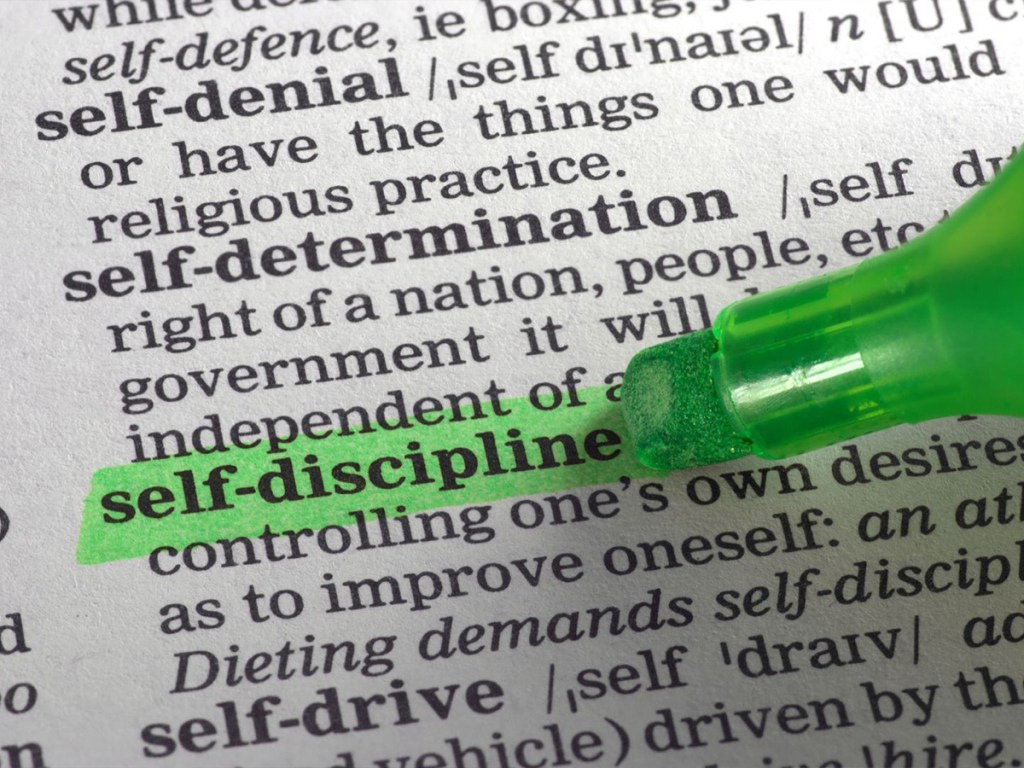When the teacher of an 8th-grade class required the students to not only learn the intricacies of Body Mass Index, it was under the assumption that the kids would learn a little something about a commonly used metric in evaluating obesity and health. Instead, it turns out that the teacher was in for a lesson of their own as one girl decided to give an answer that went above and beyond what was expected.
When forced to have her weight and body mass index documented in front of the entire class, a teenage girl came home in tears after the exercise, saying that she had been labeled “obese” in front of everyone based on her results. Her mother insists she eats well and is active, so this was a frustrating and shameful experience for her, as it would be for anyone in that situation.
Later, when tasked with a class assignment asking her to describe what BMI is and what her body mass index is, she gave a very thoughtful answer that will likely have the teacher and school thinking twice before subjecting their students to this kind of public assessment again.
Below is an image of the assigned questions:
Rather than give the rote definition she had been taught (and thereby give credence to the measurement that declared her obese), she put a little more thought and research into her answer. Here’s what she fired back at her teacher:
“BMI is an outdated way of defining normal weight, under weight, over weight, and obesity by taking one person’s height divided by their weight. One of the formula’s obvious flaws, explains Alan Aragon, the Men’s Health Weight Loss Coach and nutritionist in California, is that it has absolutely no way of discriminating fat and muscle. So, let’s say there is a fairly athletic woman who maintains a decent diet, she’s five feet, six inches, and she weighs 190 pounds, but 80% of her body is muscle. That doesn’t matter when calculating BMI! This woman’s BMI would be 30.7, and she would be labeled obese. Does that make sense to you? Because it sure doesn’t make sense to me.”
And she was far from done…
“How could someone who stays fit, eats healthy, and has a low metabolism be in danger of heart disease and diabetes? Oh, that’s right, because she isn’t in danger of obesity and heart disease. This woman is active and healthy and she is the furthest thing from obese. In conclusion, BMI is an outdated way of determining a person’s body health, and it’s a measurement that should not be used in a school setting where students are already self-conscious and lacking confidence in their unique bodies.”
Obviously, she had something big to say, and she wasn’t going to stop until she’d shared it all.
“Now, I’m not going to even open my laptop to calculate my BMI. And I’ll tell you why. Ever since I can remember, I’ve been a “bigger girl” and I’m completely fine with that; I’m strong and powerful. When you put a softball or a bat in my hand, they are considered lethal weapons. But, at the beginning of the year, I started having very bad thoughts when my body was brought into a conversation. I would wear four bras to try and cover up my back fat, and I would try to wrap ace bandages around my stomach so I would look skinnier. So my lovely mother did what any parent would do when they noticed something wrong with her child, she took me to my doctor. My doctor and I talked about my diet and how active I am.”
“He did a couple tests and told me I was fine. He said though I’m a bit overweight, he’s not going to worry about me based on how healthy I am. So this is where I don’t calculate my BMI because my doctor, a man who went to college for eight years studying children’s health, told me my height and weight are right on track. I am just beginning to love my body, like I should, and I’m not going to let some outdated calculator and a middle school gym teacher tell me I’m obese, because I’m not. My BMI is none of your concern because my body and BMI are perfect and beautiful just the way they are.”
TL;DR version: BMI is an outdated way of judging health and even if it wasn’t, it’s none of your damn business.
Let’s hope she got an “A.”














